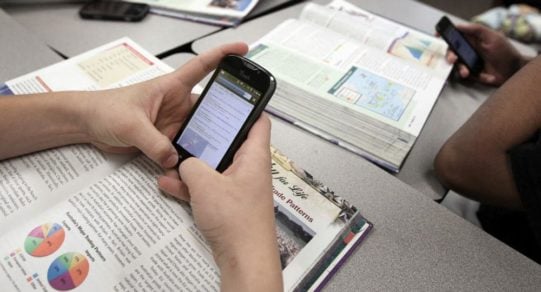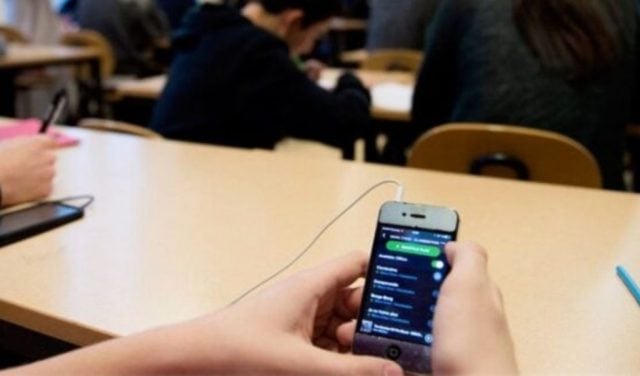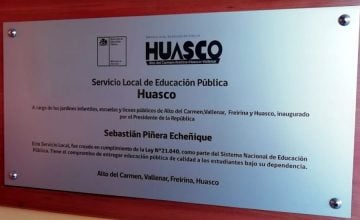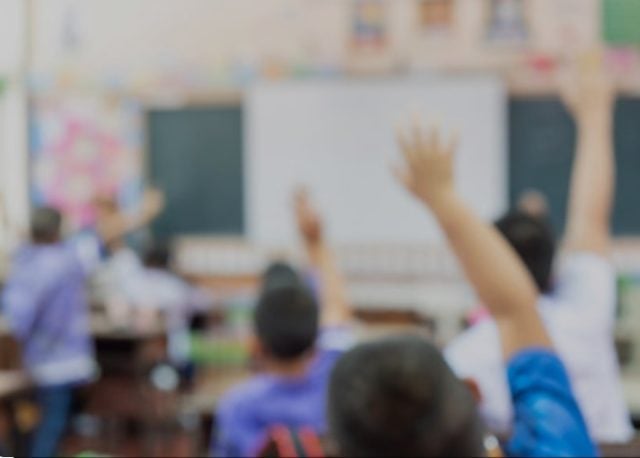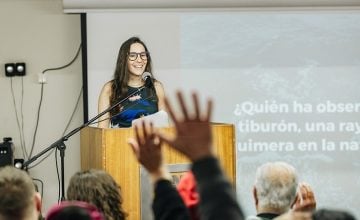Original article: Chile: Senado ratifica prohibición a uso de celulares en todos los niveles educativos de los colegios
Chile’s Senate Ratifies Ban on Cell Phone Use Across All Educational Levels
The Senate has approved a bill that prohibits the use of «personal digital communication devices» in all educational levels and institutions throughout the country. The initiative now moves to the Chamber of Deputies for its third and final legislative review.
According to reports, the Senate has accepted all amendments proposed by the Education Commission, which aim to extend the cell phone ban to all educational levels, allowing certain exceptions for health, emergencies, or disasters.
Moreover, rights and responsibilities have been established for members of the educational community, with the enforcement of this regulation set to begin in 2026.
What Does the Legislative Proposal State?
The bill approved by the Senate mandates the prohibition of electronic mobile communication devices in educational establishments offering preschool, primary, or secondary education, with the following exceptions:
- If the student has special educational needs for which the appropriate use of such mobile devices is considered a technical aid for their learning.
- If there is an emergency, disaster, or catastrophe.
- If the student suffers from a medical condition, as diagnosed by a physician, that requires periodic monitoring through mobile devices.
- If the use of these mobile devices is beneficial for teaching based on the nature of the curricular or extracurricular activity in institutions providing primary or secondary education.
- If the parent or guardian requests it temporarily and for valid reasons, solely for the personal or family safety of the student.
The text specifies that the prohibition on mobile device use applies during curricular activities within the classroom and extends to all members of the educational community, except in exceptional cases.
However, in secondary education settings, regulations may provide specific spaces, times, or activities where the use of mobile devices is permitted, taking into consideration the progressive autonomy of the students.
Additionally, a transitional provision states that the measures outlined in this initiative will take effect at the start of the 2026 school year, and institutions offering preschool, primary, and secondary education will have until June 30, 2026, to update their internal regulations.
Furthermore, it stipulates that by March 2030, the Ministry of Education will report to the Education Commissions of the Chamber of Deputies and the Senate on the results of an evaluation regarding the implementation, including data on school climate, academic performance, socio-emotional well-being, and gaps in digital access.
El Ciudadano
